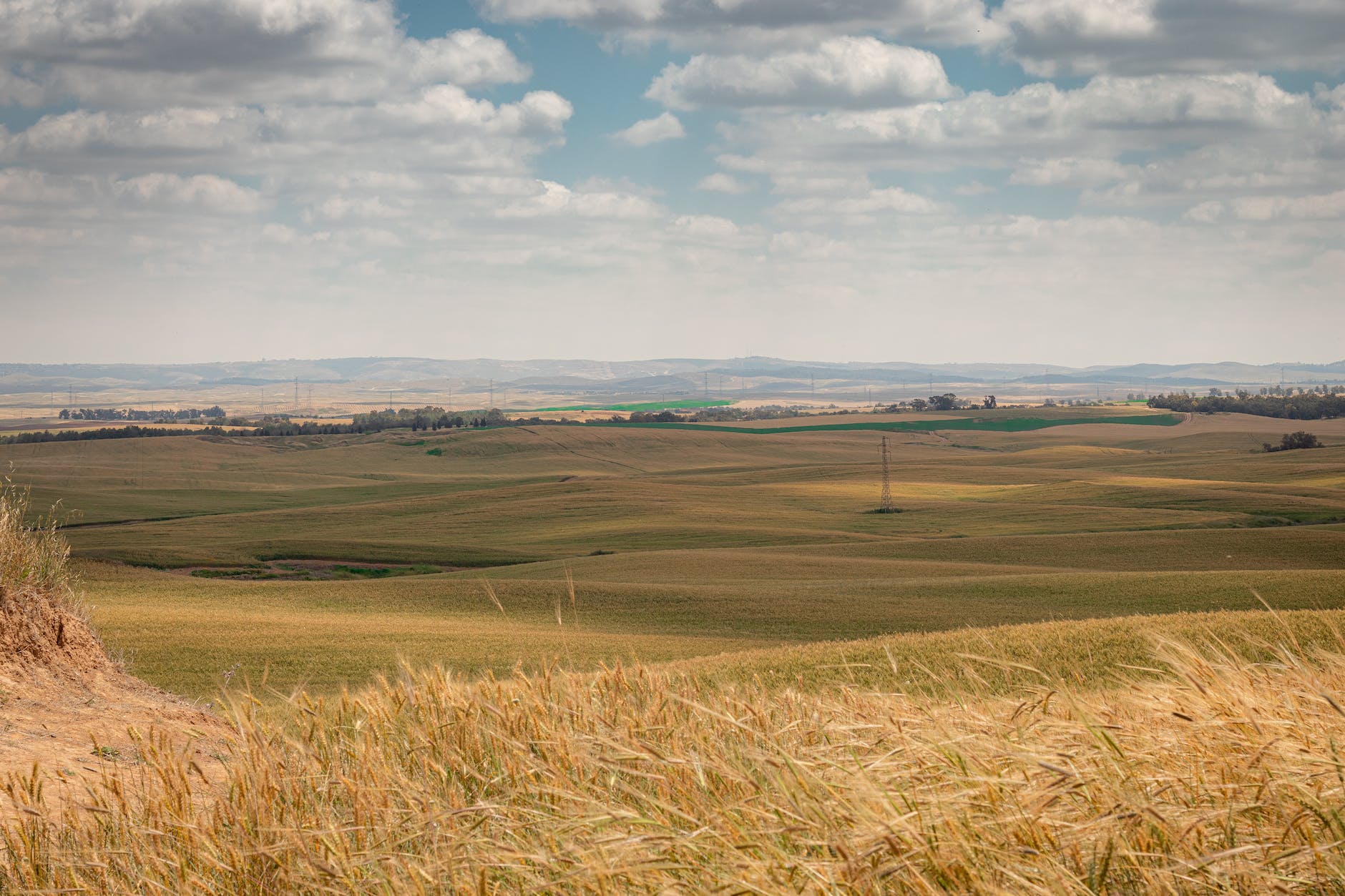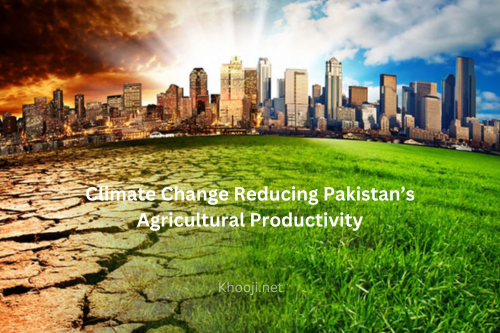Pakistan’s agriculture sector is one of the most important pillars of its economy. It is providing livelihoods to millions of people and contributes significantly to the country’s GDP. However, the sector faces various challenges that threaten its growth and sustainability. In this article, we will be discussing some of Pakistan’s agriculture sector challenges and possible solutions.

Water Scarcity a Major Challenge
Water scarcity is one of the most significant challenges faced by the agriculture sector in Pakistan. The country has a limited water supply, and the existing water resources are mismanaged and poorly utilized. Water availability is critical for agriculture, and its scarcity has a severe impact on crop yields, especially during droughts.
Possible Solutions to Water Scarcity
To address water scarcity, the government of Pakistan needs to invest in water conservation and management projects. Building more dams, and reservoirs, improving irrigation canal systems and water treatment plants can help increase the country’s water supply. Moreover, farmers need to adopt modern irrigation systems, such as drip irrigation, which can save water and improve crop yields.
Outdated Farming Techniques
Another challenge, Pakistan’s agriculture sector faces is the use of outdated farming techniques. Many farmers in Pakistan still rely on traditional farming practices, which limit crop yields and increase production costs. Moreover, the use of outdated techniques results in a lack of diversity in crops, which makes the sector vulnerable to pests and diseases.
Solutions to Outdated Farming Techniques
The government of Pakistan needs to invest in research and development programs to introduce modern farming techniques to farmers. Research institutes should conduct training workshops on a monthly or semiannual basis. Additionally, farmers must update their knowledge and get training on modern farming practices to improve their productivity and profitability. Furthermore, the use of high-quality seeds, fertilizers, and pesticides can help in improving crop yields and diversifying crops.
Lack of Access to Credit
The majority of farmers in Pakistan do not have access to credit, which limits their ability to invest in their farms and increase productivity. The lack of credit also makes it difficult for farmers to purchase high-quality inputs, such as seeds, fertilizers, and pesticides.
Solutions to Financial Issues
The government of Pakistan needs to introduce policies that make it easier for farmers to access credit. Microfinance institutions and other financial institutions under government supervision should provide credit to small-scale farmers. Additionally, the government can provide subsidies and other incentives to encourage financial institutions to lend to farmers. Government should provide interest-free loans to small-scale farmers.
Climate Change
Climate change is a significant threat to Pakistan’s agriculture sector. The country is experiencing more frequent and severe droughts, floods, and heat waves, which have a severe impact on crop yields and food security.
Solutions to Climate Change
The government of Pakistan needs to develop and implement a national strategy for climate change adaptation in the agriculture sector. This strategy should include measures to build the resilience of crops and livestock to climate change. Moreover, farmers need to be educated and trained on climate-smart agricultural practices that can help in mitigating the impact of climate change.
Lack of Market Access
Farmers in Pakistan often face challenges in accessing markets for their produce. The lack of market access limits their ability to sell their produce at a fair price, which affects their profitability and livelihoods.
Possible Solutions
The government of Pakistan needs to invest in infrastructure to improve market access for farmers. This includes building roads, bridges, and other transportation facilities to connect farmers with markets. Additionally, the government can introduce policies that encourage private sector investment in the agriculture sector, which can improve market access for farmers.
Conclusion
In conclusion, the Pakistan agriculture sector is facing several challenges that threaten its growth and sustainability. However, with the right policies and investments, these challenges can be addressed. The government of Pakistan needs to take a proactive approach to address these challenges and invest in the agriculture sector to ensure its growth and sustainability. By doing so, Pakistan can achieve food security, reduce poverty, and contribute to the country’s economic growth.
For more Amazing and Unique information and Posts Visit our Home page... If you have any suggestions or information feel free to share with us ….






